Storytelling: The Power of Real Stories That Connect and Last
At its core, storytelling, the human act of sharing experiences through narrative to create meaning and emotion. Also known as narrative, it's what turns facts into feelings and pages into memories. You don’t need dragons or space ships to make a story stick—just honesty. The most powerful stories come from quiet moments: a parent waiting at a hospital door, a child learning to read from a worn-out book, a stranger offering a seat on a crowded train. These aren’t grand events—they’re human ones. And that’s why they last.
Storytelling doesn’t live in isolation. It connects to cultural narrative, the shared beliefs and values passed down through stories in a community or society, like the idea of resilience in Indian families or the myth of the self-made hero in global media. It’s also tied to adventure story, a narrative built on movement, risk, and transformation, often starting with a simple choice to leave the familiar. Think of the Epic of Gilgamesh—not because it’s old, but because it’s about a man who refuses to accept loss. That’s still the heart of every great adventure today. And then there’s book review, a personal take on a story that helps others decide if it’s worth their time. Reviews aren’t ratings—they’re conversations. When someone writes, "This book made me cry on the bus," that’s storytelling too.
Good storytelling doesn’t ask for perfection. It asks for truth. Whether it’s in a novel, a movie, or a review on Goodreads, the best stories feel real because they’re rooted in something recognizable. That’s why the most stolen book in the world isn’t a rare first edition—it’s the Bible, given out for free in hotel rooms. People don’t steal it because it’s valuable. They take it because it carries stories they’ve lived, or wish they had.
What you’ll find below isn’t a list of rules. It’s a collection of real questions people are asking: What makes a narrative unforgettable? Why do some stories spread while others fade? Which books change how we see the world? These aren’t academic debates—they’re the conversations happening in living rooms, on buses, and in book clubs across India. You’re not here to study storytelling. You’re here because you’ve felt it. And now you want to find more of it.
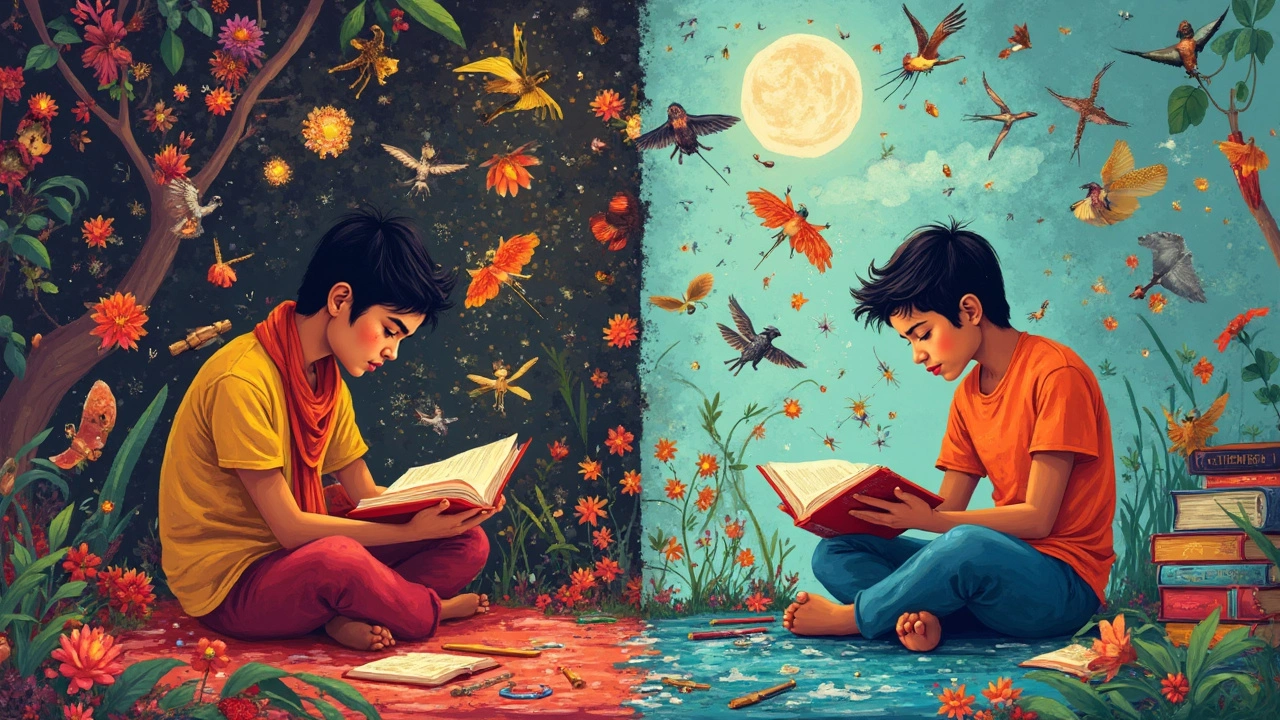
Literary Fiction vs. Non-Literary Fiction: What's the Difference?
Are you puzzled about what makes literary fiction stand out from non-literary fiction? This article breaks down the differences between these two storytelling styles in a clear and interesting way. You'll learn how literary fiction digs deep into character exploration and themes, while non-literary fiction focuses on plot-driven narratives. Discover how their unique approaches to storytelling have different impacts on readers. Get ready to unravel the key distinctions that make each genre unique and engaging.
View More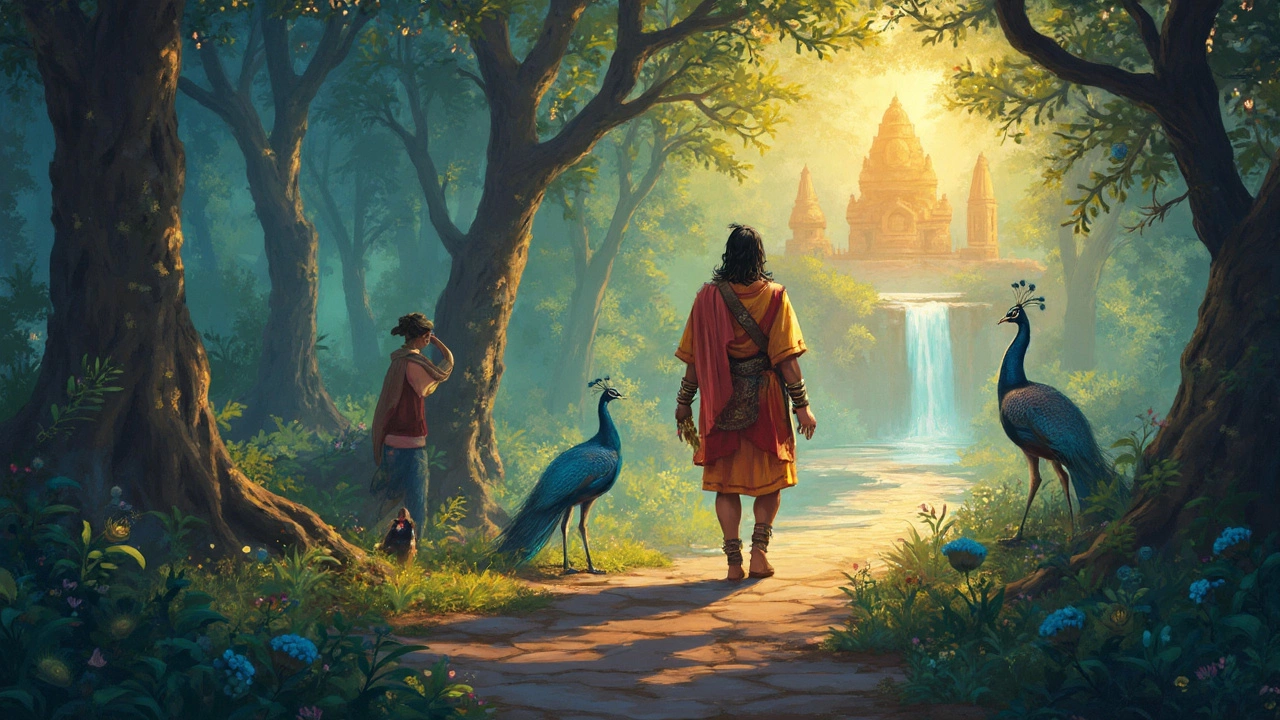
What is a Fantasy Adventure Story?
Fantasy adventure stories whisk readers away to magical realms filled with daring quests and unforgettable characters. These narratives blend the mystical with the excitement of exploration, often featuring heroes who embark on journeys to defeat evil and discover hidden truths. With elements of magic, mythical creatures, and epic battles, fantasy adventures tap into our deepest sense of wonder and possibility. Through immersive worlds and gripping plots, they challenge readers to imagine the unimaginable and embark on adventures beyond the ordinary.
View More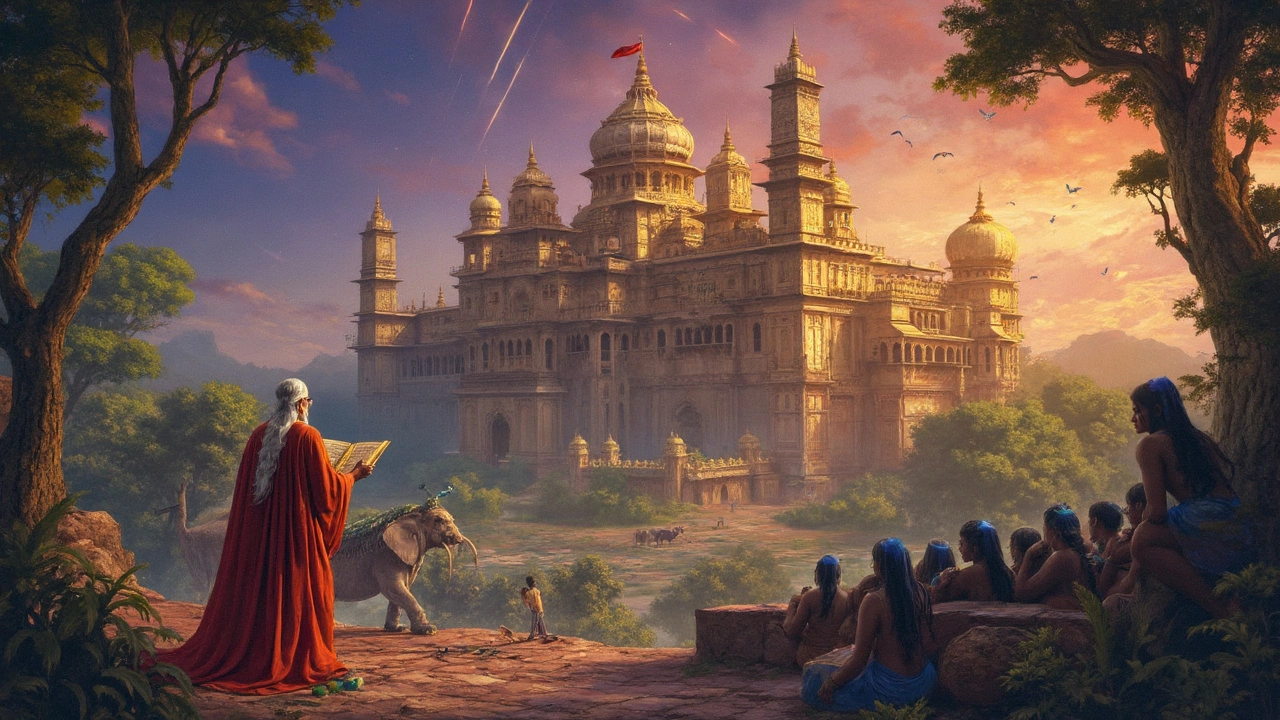
Mythical Stories: A Deep Dive into Mythological Fiction
Mythical stories, often rooted in ancient cultures, offer rich narratives that blend fantastical elements with profound truths about humanity. These narratives, while fictional, communicate timeless themes and reflect societal values. Understanding the intricacies of mythological fiction can enhance our appreciation of its cultural significance. This article explores the different types of mythical stories and provides insights on how they continue to influence literature today.
View More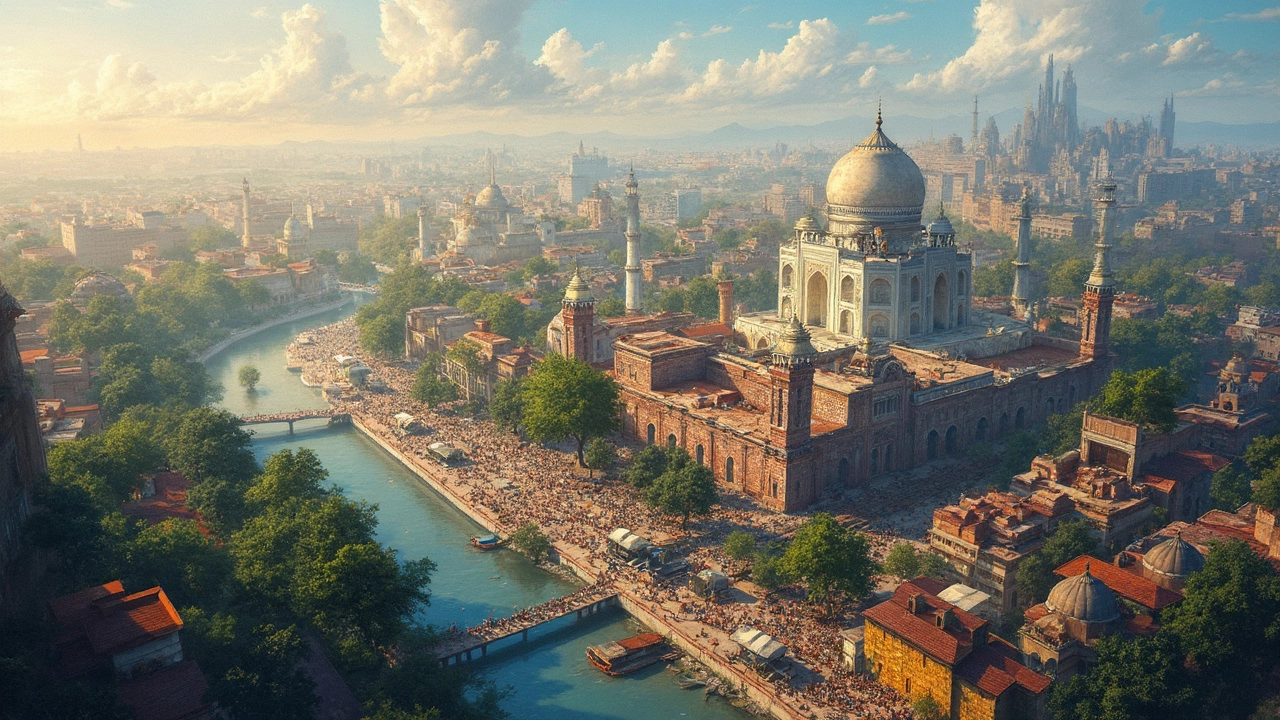
Dominant Cultural Narratives: What They Are and Why They Matter
Dominant cultural narratives are the stories and ideas that shape our society's collective mindset. These narratives influence how we see ourselves and others, dictating social norms and behaviors. Understanding them is crucial for recognizing biases and embracing more inclusive perspectives. This article explores their origins, impacts, how they're maintained, and ways to challenge them.
View More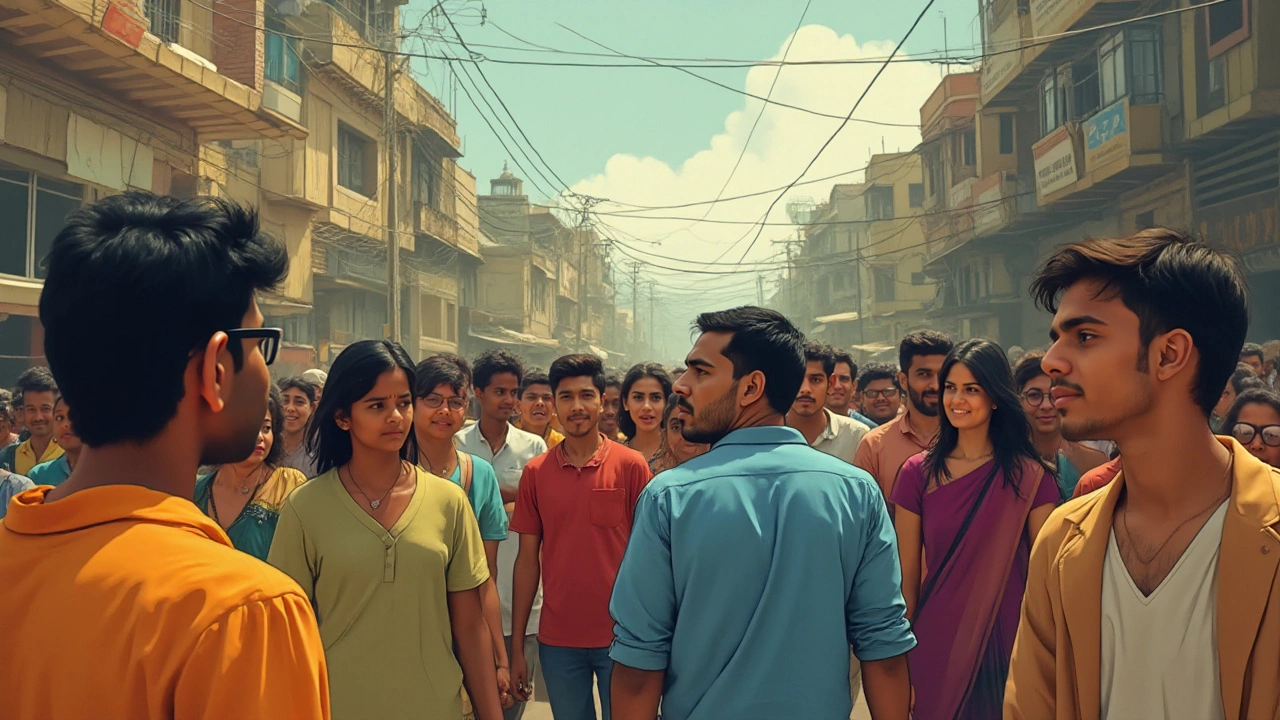
Understanding Compulsive Liars and Their Stories
Some individuals lie or fabricate stories for various reasons, often bewildering those around them. This article explores the different types of liars and the psychological and cultural factors driving their need to deceive. From compulsive liars to storytellers who embellish the truth, we delve into how their narratives impact society. We also offer tips on how to spot these behavior patterns and effectively address them.
View More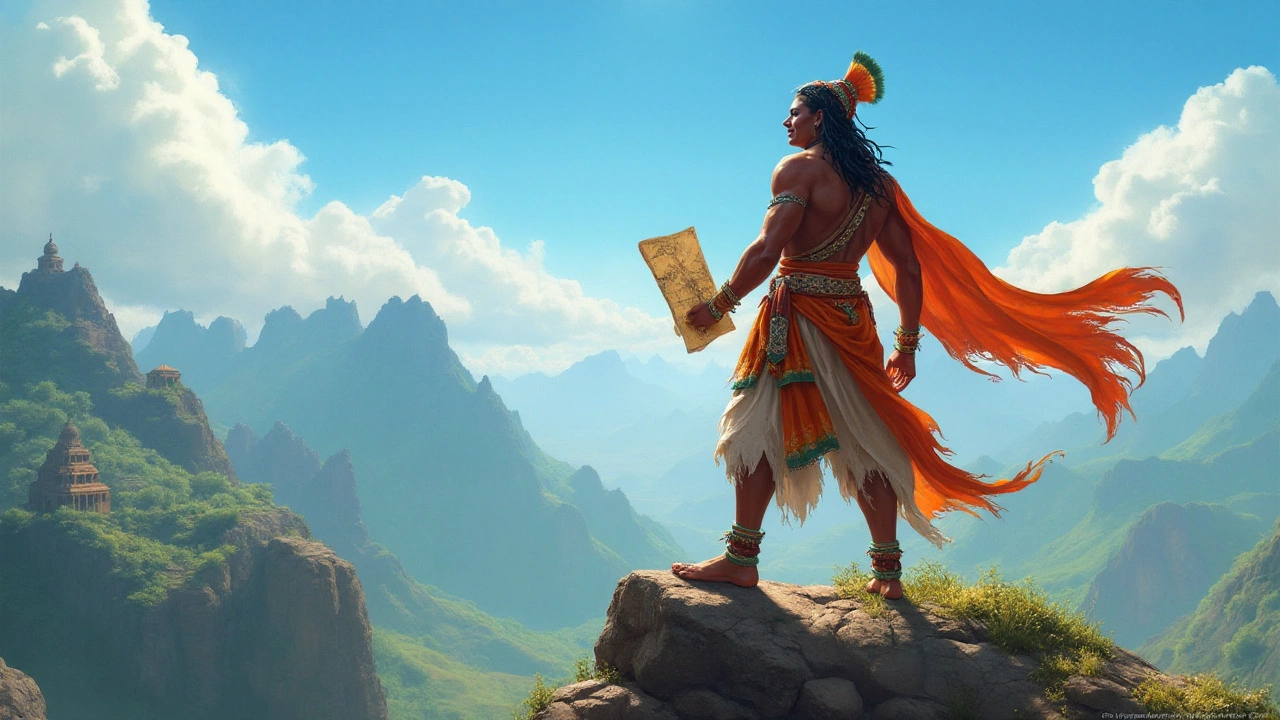
Crafting Adventure Story Plots: Essential Tips and Ideas
Adventure stories captivate readers with their exhilarating journeys, unexpected twists, and dynamic characters. A compelling adventure plot involves a clear hero with a mission, confronting formidable obstacles, set against a backdrop of imaginative settings. This article explores the essential elements that form a gripping adventure plot, alongside actionable tips for creating an engaging narrative. Inspirational examples from timeless adventure tales provide insights into successful storytelling.
View More